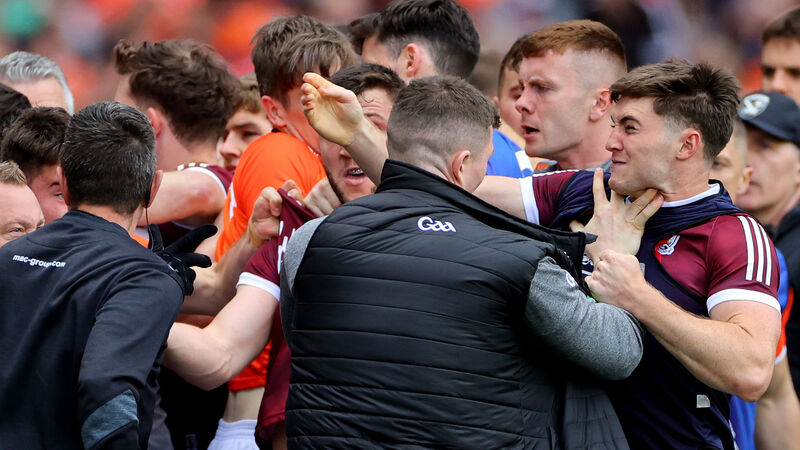Ian Mallon: Report calls for cut to funds if NGBs fail to curb abuse of referees or players

TIME FOR CHANGE: National Governing Bodies across all sports have been delivered a seismic blow by a Dáil report into abuse of referees, officials, and players. ©INPHO/James Crombie
NGBs will no longer be allowed “turn a blind eye” to instances of abuse, and should comply to a system where their performance in handling discipline is measured by Sport Ireland and, where necessary, financial sanctions are imposed against organisations that offend.









